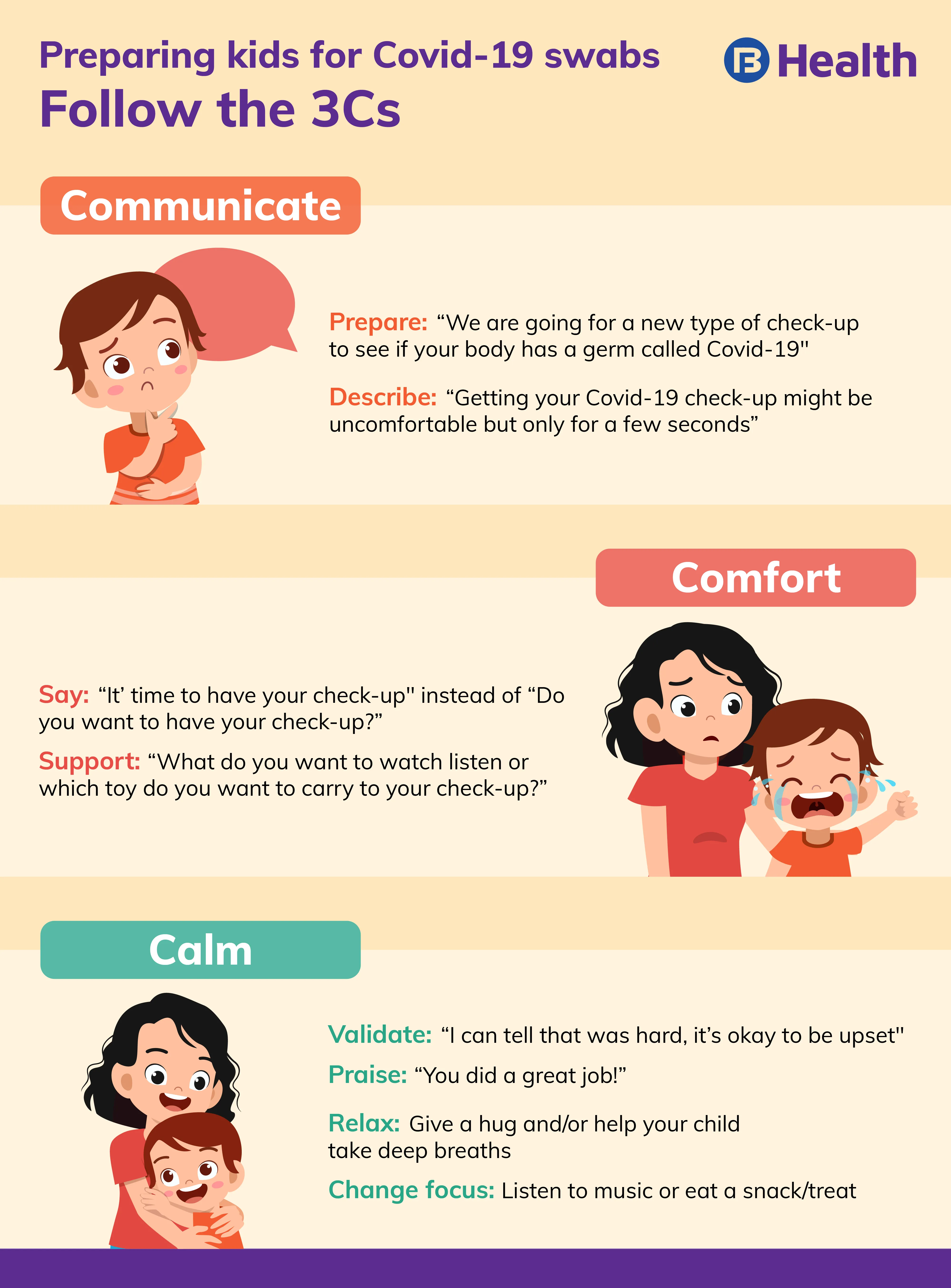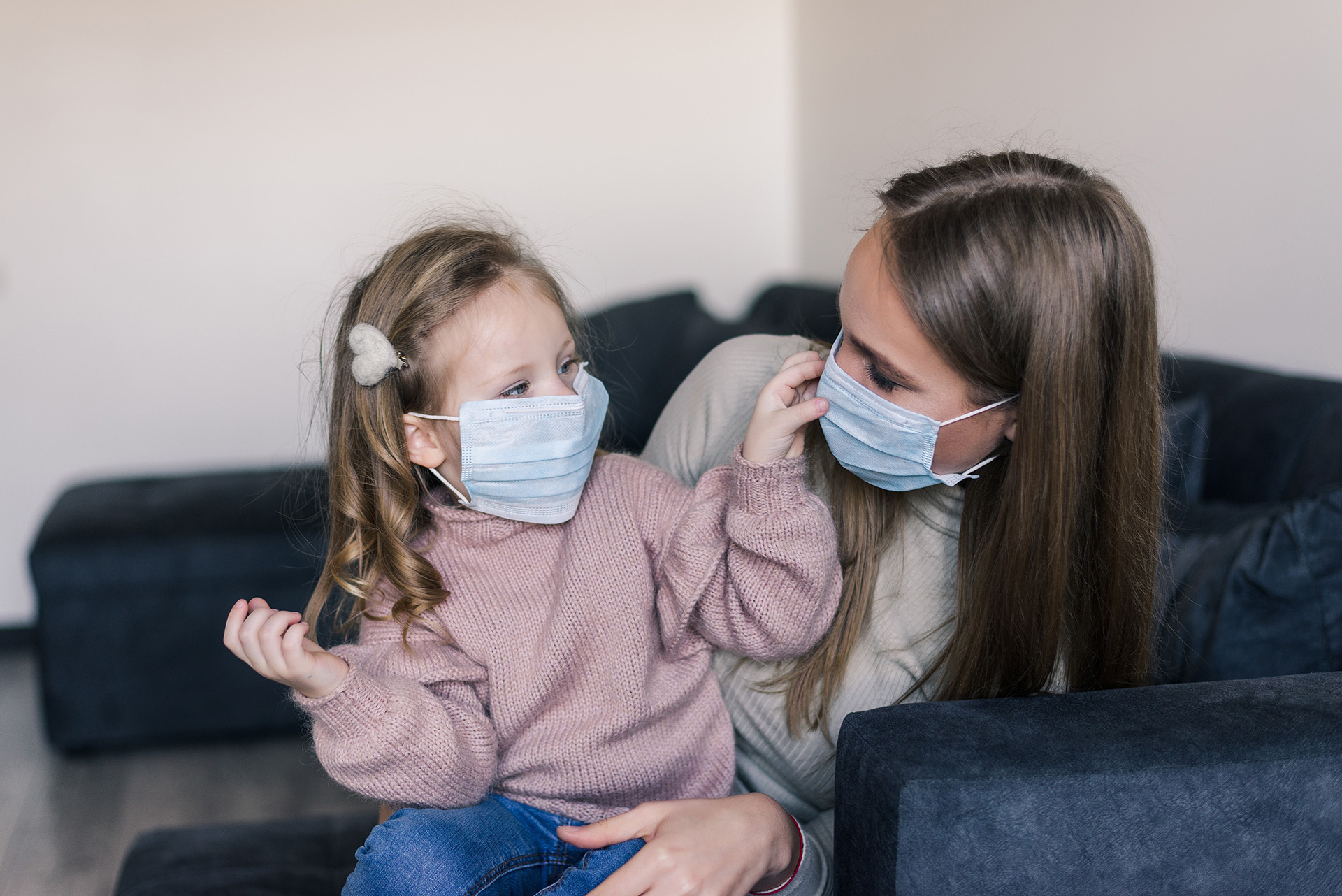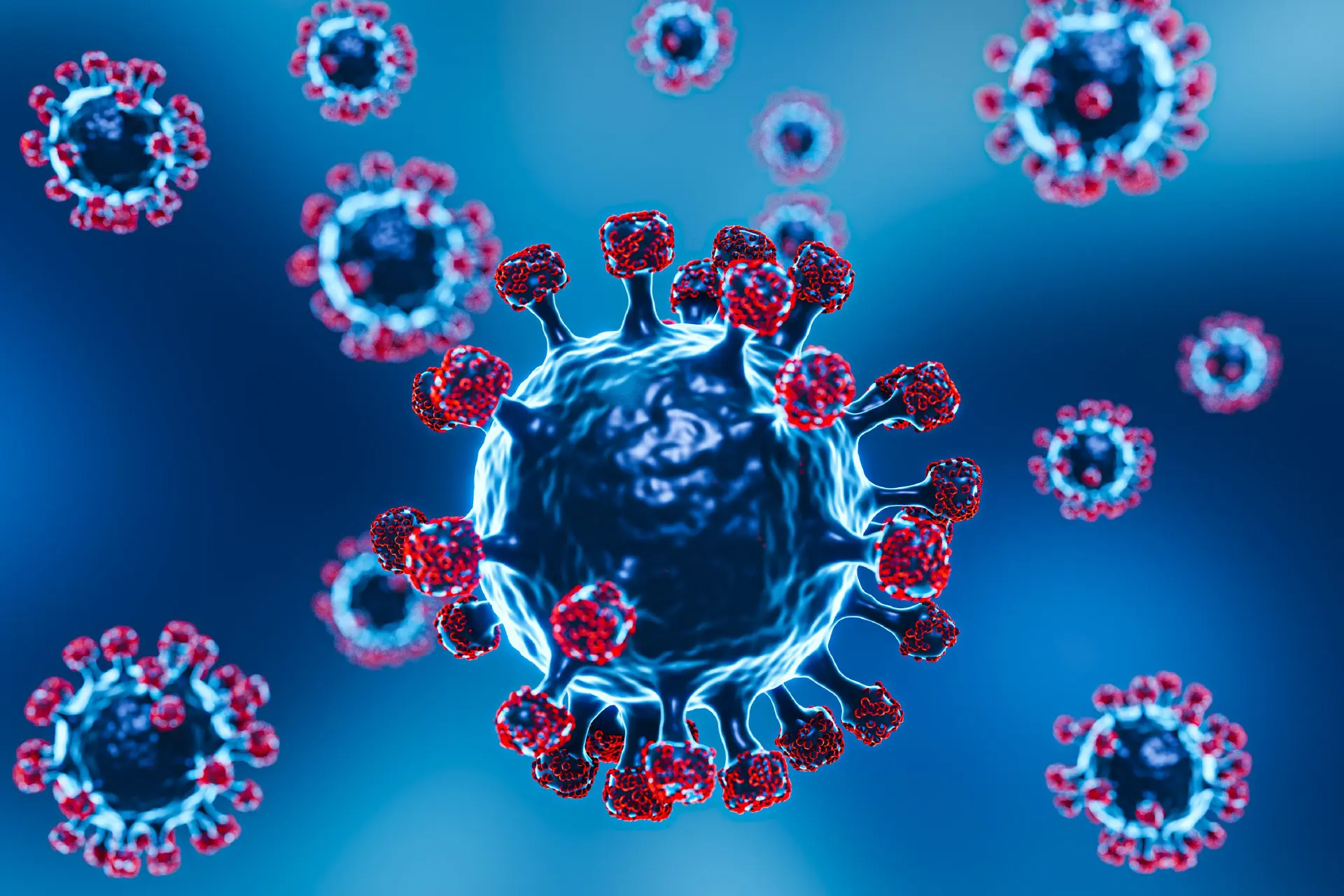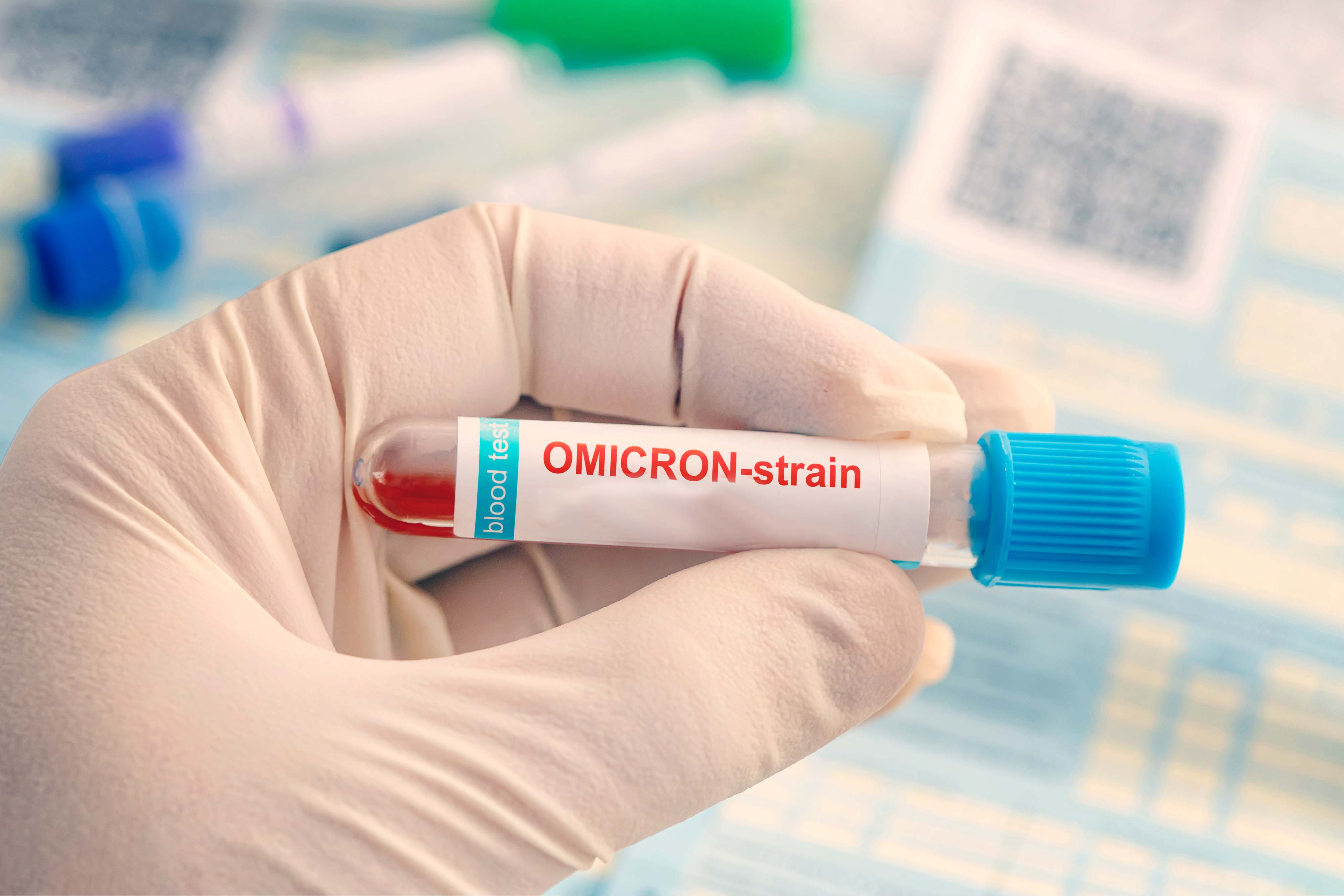Covid | 6 min read
Important Coronavirus Symptoms In Kids: What Every Parent Must Keep in Mind
Medically reviewed by
Table of Content
Key Takeaways
- Coronavirus symptoms in kids are milder compared to adults as of current data
- Kids with underlying illnesses or comorbidities are at higher risk of COVID-19
- Covid-19 can trigger MIS-C, a rare inflammatory complication, in kids
The second wave of COVID-19 in India saw the rise of a new variant of the coronavirus, B.1.617, which has been deemed to be more transmissible by doctors. Furthermore, this wave saw younger people, including children, getting infected. recent research found that coronavirus can cause health complications across ages even after patients successfully recover from it. Research in the UK showed that at least 13% of kids in the age bracket of 2 to 11 years, and 14.5% of kids aged between 12 to 16 years showed Covid-19 symptoms for up to five weeks after successfully recovering. Therefore, it is of utmost importance that parents take every precaution necessary to ensure that children and babies are protected from Covid-19.
Read on to know more about coronavirus in babies & kids and get answers to common questions such as how does Covid-19 affects children and how to keep your kids safe from coronavirus?
Causes and risk factors for Covid in kids
So far, direct transmission is the only cause of Covid-19 in adults and children. Moreover, most children suffer from milder symptoms than adults and do not require hospitalization. However, both in children and adults, underlying illnesses, obesity or other comorbidities increase the risk of developing severe Covid-19 symptoms.
A recent study by the CDC found that 77% of the 295 hospitalized kids had comorbidities, indicating comorbidities are a significant risk factor. So, if your child has any of the following underlying illnesses or comorbidity, ensure that you inform the doctor about it at the earliest.
- Diabetes
- Congenital heart condition
- Respiratory and lung diseases such as asthma
- Genetic and autoimmune disorders or disease
- Conditions that affect the metabolism or nervous system
Apart from these, inform the doctor if your child is undergoing any immune system treatment that requires steroids or chemotherapy. It is also important to keep in mind that newborns up to the age of 1 may be more susceptible to COVID-19 compared to older kids. It is more likely for them to have respiratory problems as their immune systems are not yet developed and they have smaller airways that can causes issues with breathing.

Coronavirus symptoms in kids
Generally, coronavirus symptoms in kids in kids are milder than in adults and the elderly. Most kids are asymptomatic, but this does not mean that they cannot spread the disease. However, with the onset of the Covid-19 second wave and children being affected in high numbers, here are some common coronavirus symptoms in kids that warrant immediate medical attention.
Fever and chills
Though a common symptom in adults, fewer children get fever on contracting the coronavirus
Shortness of breath
Studies suggest that about 13% of all children surveyed suffered from shortness of breath and other flu-like symptoms.
Irritation in the respiratory tract
Children with Covid-19 can develop symptoms such as sore throat, runny nose, congestion in the nose, or cough.
Disruption in the digestive symptoms
These include suffering from nausea, diarrhea, and vomiting, or experiencing pain in the belly.
Apart from these, children may also experience headaches or muscle pain and loss of appetite. Furthermore, young kids and babies may undergo mood swings as they cannot express their pain or fatigue verbally. Moreover, young children with Covid-19 can also experience anxiety, especially if they know about the disease and its possible implications.
Screening test for Covid-19 in children
An RT-PCR test is the primary screening test for Covid-19 in both children and adults. However, this test is invasive and can seem daunting to your child. This can result in anxiety, fear, and unwillingness to take the test. Here are three ways to prepare your children for the test.
Additional Read: How to Keep Your Kids Safe from CoronavirusInform them about Covid-19
Ensure that you do not hide information about the severity of Covid-19 and the importance and procedure of the test. The best way to prepare your child is to calmly inform them about the impact of Covid-19 on the world and the temporary discomfort felt during the test. This will help mitigate their anxiety and make them more willing to take the test.
Maintain your composure
It's natural to be worried about your child; however, it is pertinent that you do not project your worry and anxiety on your kids. Your failure to remain calm can make your children anxious. Therefore, ensure that you remain calm and encouraging.
Distract your kids while they are getting tested
Young kids, especially babies, can cry or throw a fit while getting tested. Therefore, devise a plan to distract them by talking and assuaging their worries, helping them focus, and ensuring the procedure is over quickly.
Once done, appreciate and reward them and continue to calmly reassure them.
Treatment for coronavirus in kids
No medication or treatment option can cure Covid-19 so far in children and adults. However, since children mainly do not require hospitalization, treatment options at home include inhaling using an air humidifier, pain and fever medication prescribed by the doctor, and over-the-counter cough syrups in addition to rest and consuming lots of fluids to prevent dehydration. Also, ensure that you quarantine your children in a room, and both you and them should wear a mask at all times. Severe cases of Covid-19 in children require hospitalization, where they are given oxygen therapy and medications such as steroids to help them breathe.
Complications of Covid-19 in children
While Covid-19 is milder in children, research has shown it can cause long-term complications like MIS-C or multisystem inflammatory syndrome in children. This rare complication causes severe inflammation in different body parts like the brain, digestive tract, heart, and kidneys.
Covid-19 can trigger this in children and cause symptoms like recurring fever for 2 to 3 days, skin rash, vomiting, diarrhea, swollen tongue, hands or feet, blue-tinged lips or face, and difficulty breathing. The presence of these symptoms warrants immediate medical attention.
Additional Read: Efficient Ways To Increase Immunity in KidsThough Covid-19 does not severely affect children, parents should take necessary precautions, ensuring the child takes them as well. Standard precautions include maintaining social distance, avoiding venturing out unless necessary, avoiding gatherings, frequently washing hands, and disinfecting your surroundings and the house. Parents of sick or immunocompromised kids should take extra precautions.
One of the common questions that parents have is ‘Should a child wear a mask at home during Covid-19?’ Doctors suggest that this is not necessary unless the child or someone in the household is affected with Covid. To help with this and other questions you may have about coronavirus symptoms in kids, use Bajaj Finserv Health. Book instant appointments with pediatricians and other specialists on your smartphone in seconds. You can also book video consultations using the app to avoid stepping out with your child.
References
- https://www.ncbi.nlm.nih.gov/pmc/articles/PMC7927578/
- https://www.aappublications.org/news/2020/05/11/covid19askexpert051120
- https://www.cdc.gov/mmwr/volumes/69/wr/mm6914e4.htm,
Disclaimer
Please note that this article is solely meant for informational purposes and Bajaj Finserv Health Limited (“BFHL”) does not shoulder any responsibility of the views/advice/information expressed/given by the writer/reviewer/originator. This article should not be considered as a substitute for any medical advice, diagnosis or treatment. Always consult with your trusted physician/qualified healthcare professional to evaluate your medical condition. The above article has been reviewed by a qualified doctor and BFHL is not responsible for any damages for any information or services provided by any third party.





